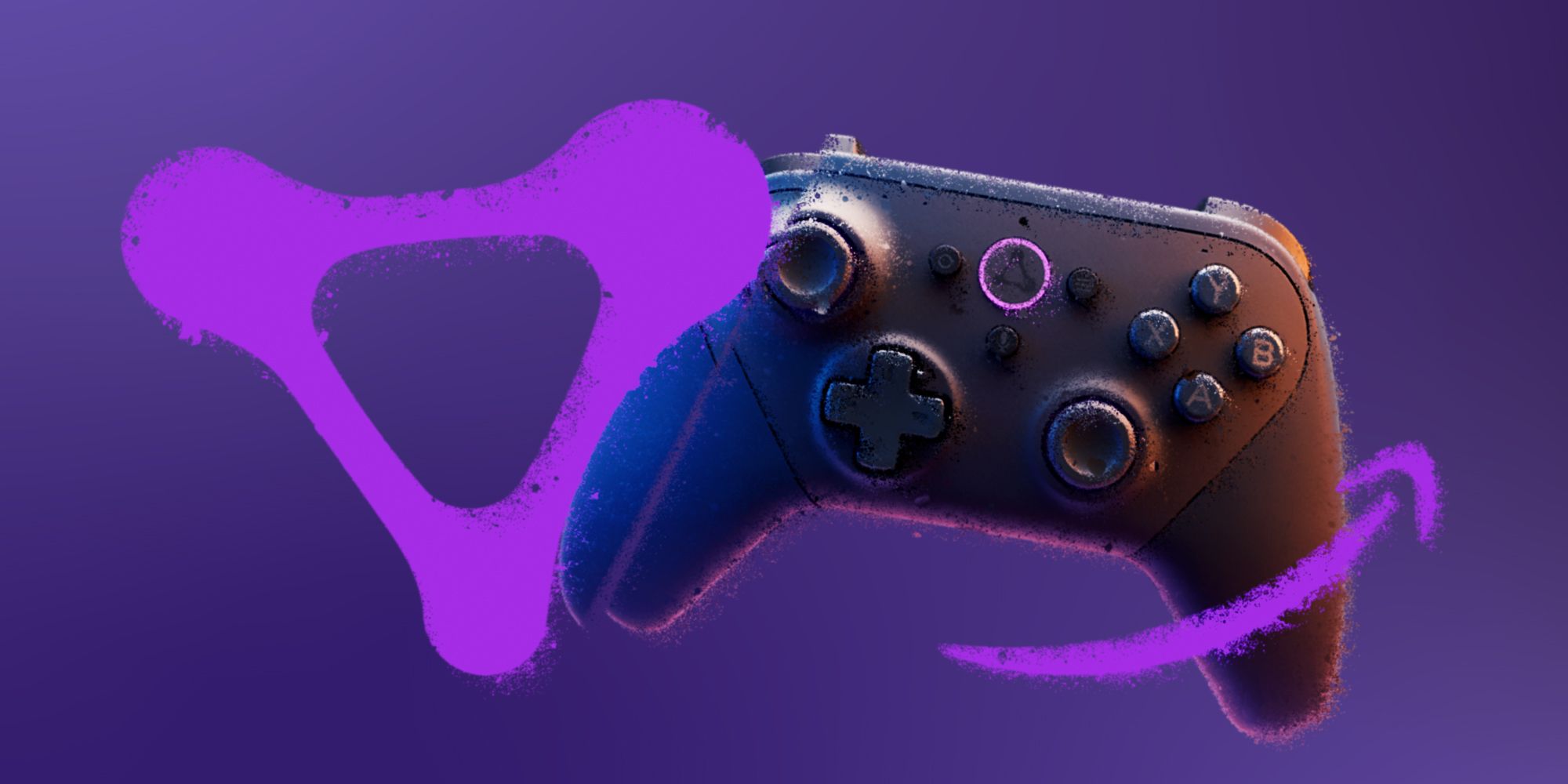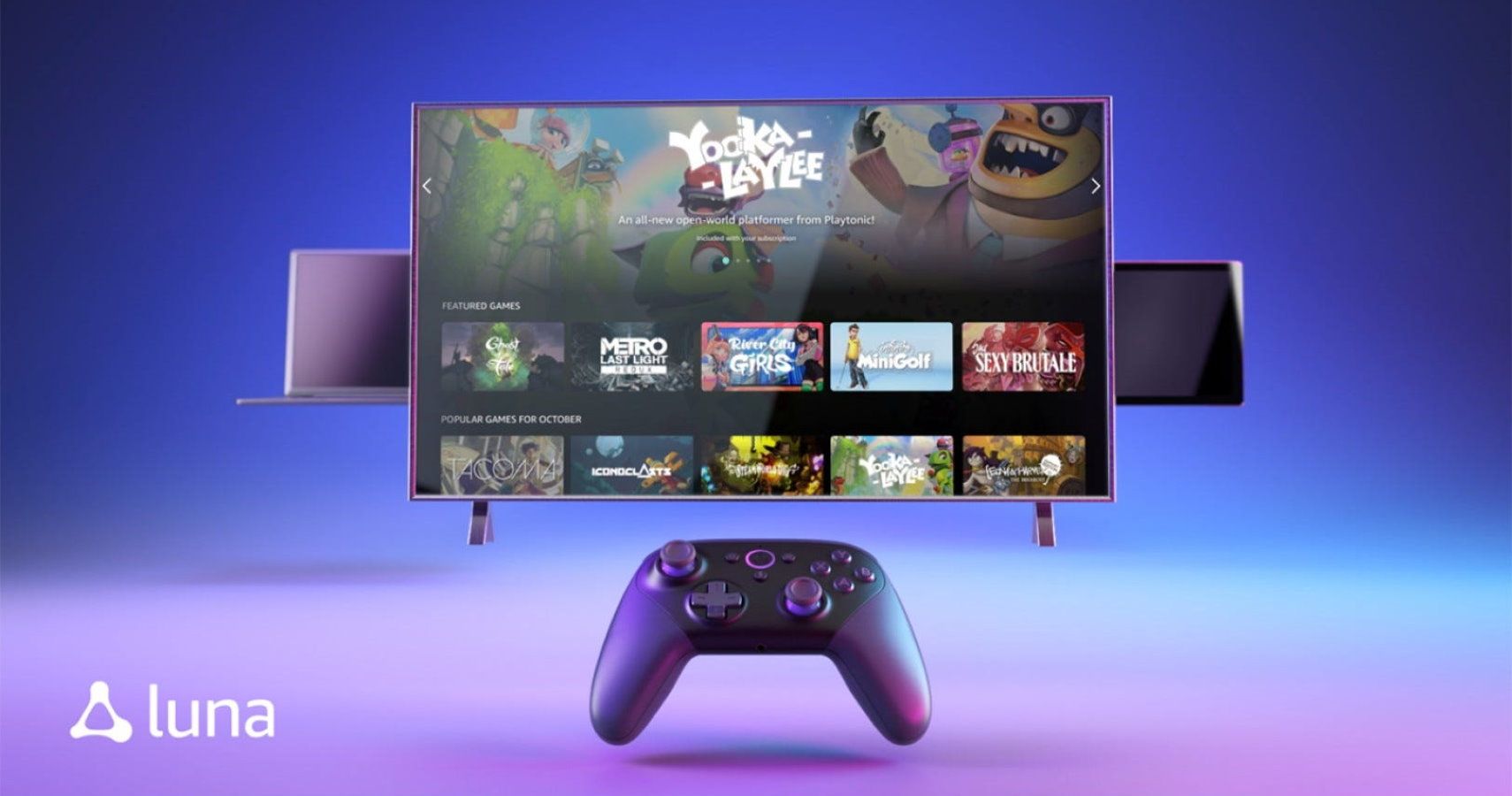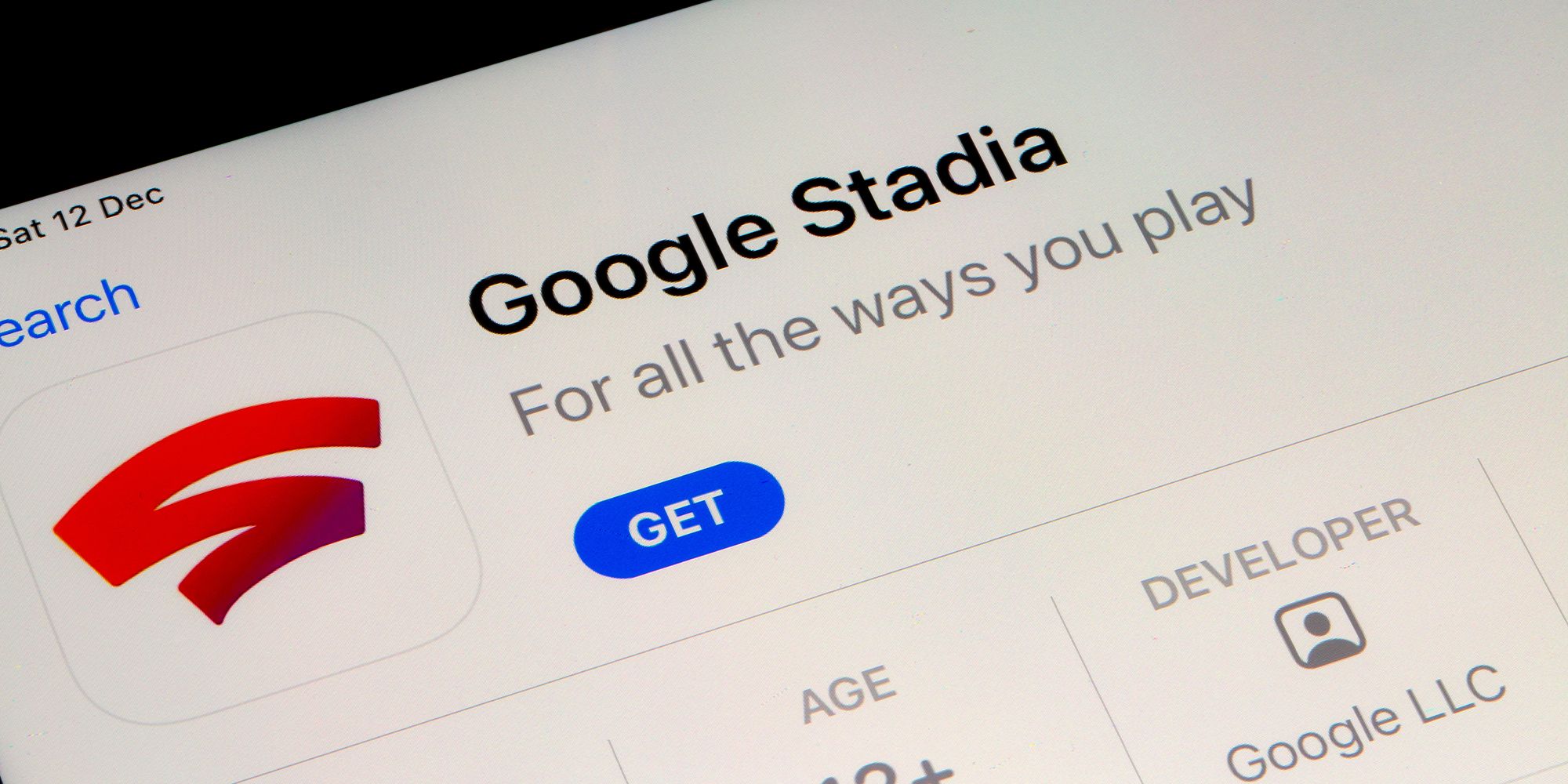Amazon Luna and Google Stadia have the same problem – there simply aren’t enough games to guarantee success. In February 2023 alone, Luna lost over 50 titles, and dozens more over the January and December that preceded it. Allegedly, Amazon wants to keep its library fresh and rotating, but it’s hardly adding enough games to keep up with what it’s already removed.
Luna’s competitors, like Game Pass and GeForce Now, have libraries that far outdo Luna’s, they’re constantly adding new titles, and dare I say, they have better selections. Sure, you can link Luna to your Prime, Ubisoft, and Jackbox libraries for an extra cost, but those don’t have huge selections either, and honestly, you can find a lot of Luna’s offerings on Game Pass anyway.
I’d try it out myself, but Amazon Luna hasn’t launched for anybody outside the United States just yet. Features Editor Eric Switzer tried out the Luna and its controller, and noted that though the streaming quality was excellent on his internet connection, there was a lack of recent games in the library, and it’s largely inaccessible by any means but a PC if you don’t have an iPhone or the Amazon Fire stick, Fire TV, or Fire tablet. Of course, Amazon is trying to lock you into its ecosystem with Luna – why else would they bother? – but that doesn’t make for an ideal user experience.
I, personally, am not on board the cloud gaming train yet. I’m not a fan of knowing that I could use a platform for years, invest hundreds of hours into games on it, and it could just disappear, pulled from the platform, or the platform could cease to exist, making all the hardware I’ve purchased for it obsolete as well. That’s what happened with Stadia, after all.
That’s a risk with any platform, to be fair – in 50 years, Blu-Rays could become outdated and all the movies I’ve collected could become impossible to watch with contemporary technology, just like how cassette tapes and floppy disks are incredibly difficult to use anymore. It’s the same with game hardware – they’ll discontinue the PlayStation 4 one day, I won’t be able to repair it when it gasps its last gasp. That will be that, all my games will be unplayable. But the life cycle of cloud gaming in particular is shrinking because it’s so easy for companies dabbling in the technology to give up on the project or fold entirely due to its difficulties.
Now that Amazon is seriously in the mix, and due to the fact that it has far better server capacity than any competitors due to its Amazon Web Services capabilities, it’s possible that it’ll be the first to stick it out long enough to actually build a half-decent ecosystem. To be clear, I’m not rooting for any one company to conquer the cloud gaming market – that would lead to a repeat of Netflix all over again, who, by the way, is also looking into getting into cloud gaming. One company monopolising the market isn’t ideal, for obvious reasons. Netflix dominating the streaming market and the quality of its library deteriorating is what led us to today, where most of us are subscribed to multiple streaming platforms, watching only a couple of shows on each because everything else is, frankly, a bit shit. I’m also anti-Amazon on principle, but all tech companies are at least a little bit evil – nobody wins here, morally.
I’m not convinced that Luna will last very long, but Amazon’s previous failures in entering the gaming industry hasn’t stopped it so far. I’m just not sure I want it to succeed at all, because if it does, none of us get to own anything, just rent it while big corporations get richer, and we’re stuck with multiple libraries full of games we don’t really want to play all that much. It’s going to be a hard sell until there’s enough competition to give us cloud gaming offerings that are actually good, and even then, it could all be wiped away in the blink of an eye.



